35 Simple & Fun Sharing Activities For Kids
As a mom of two energetic kids, I know firsthand how challenging it can be to encourage sharing and cooperation.
It’s almost like a daily battle to get my little ones to understand that sharing isn’t just a rule, but a way to show kindness and build friendships.
One afternoon, after a particularly loud squabble over toys, I realized I needed to find fun and engaging ways to teach my children about sharing.
That’s when I began exploring simple activities that could help them learn the value of sharing while having a great time.
If you’re searching for fun and meaningful sharing activities for kids, this list has everything from simple games to creative crafts
These activities range from creative play to interactive games, and they’re designed to make sharing feel like a fun adventure rather than a chore.
Heads up: This post may include affiliate links. As an Amazon Associate, I earn from qualifying purchases—at no extra cost to you. Full privacy policy and disclosure here.
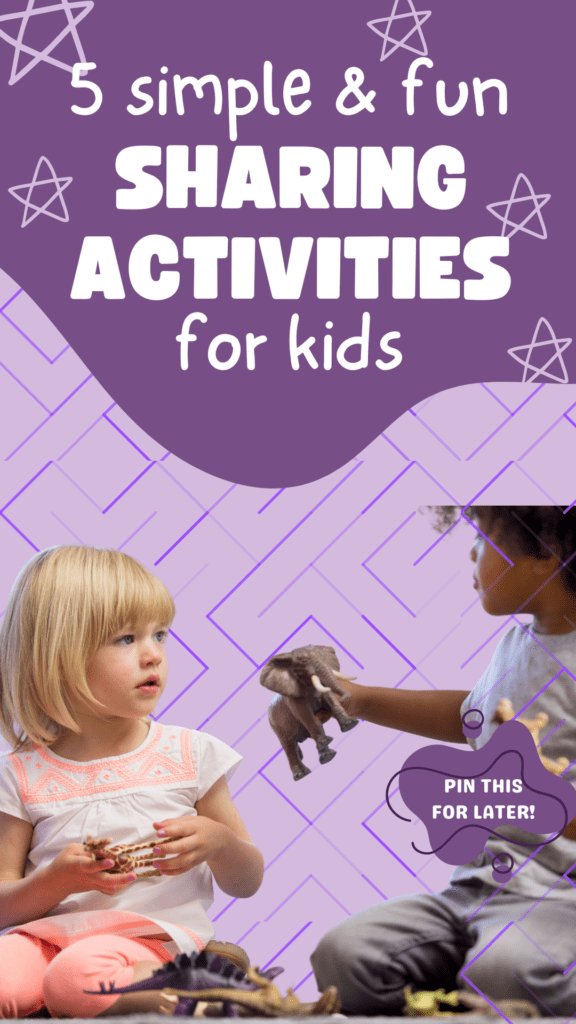
Sharing Activity Ideas For Kids
1. Sharing Treasure Hunt
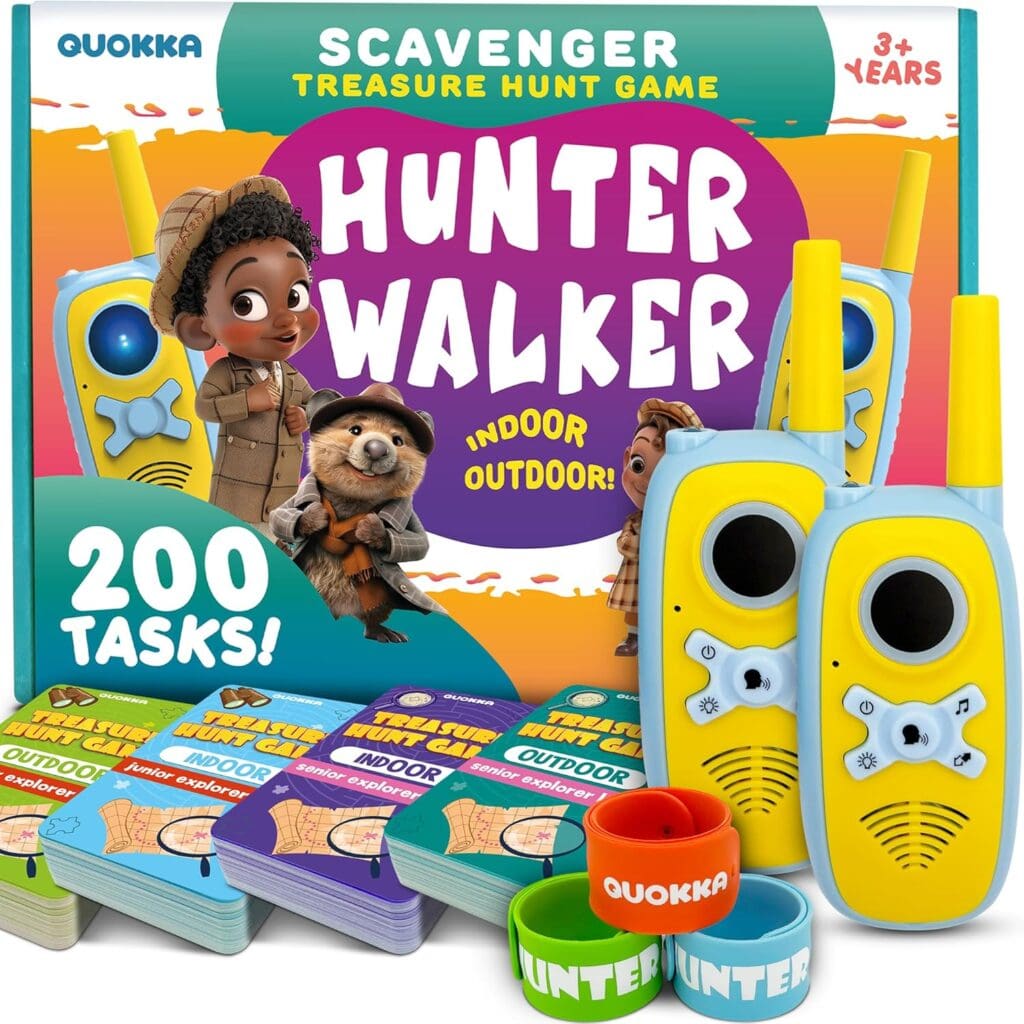
Create a treasure hunt with small prizes hidden around the house. To encourage sharing, have your kids find the treasures together and agree on how to distribute them. A treasure hunt kit can add an extra layer of excitement to this activity.
2. Collaborative Art Project
Set up a large piece of paper and art supplies for a collaborative drawing or painting session. Encourage your kids to work together on one masterpiece, sharing the crayons, paints, and brushes. A large roll of drawing paper is perfect for this activity.
3. Bake Together
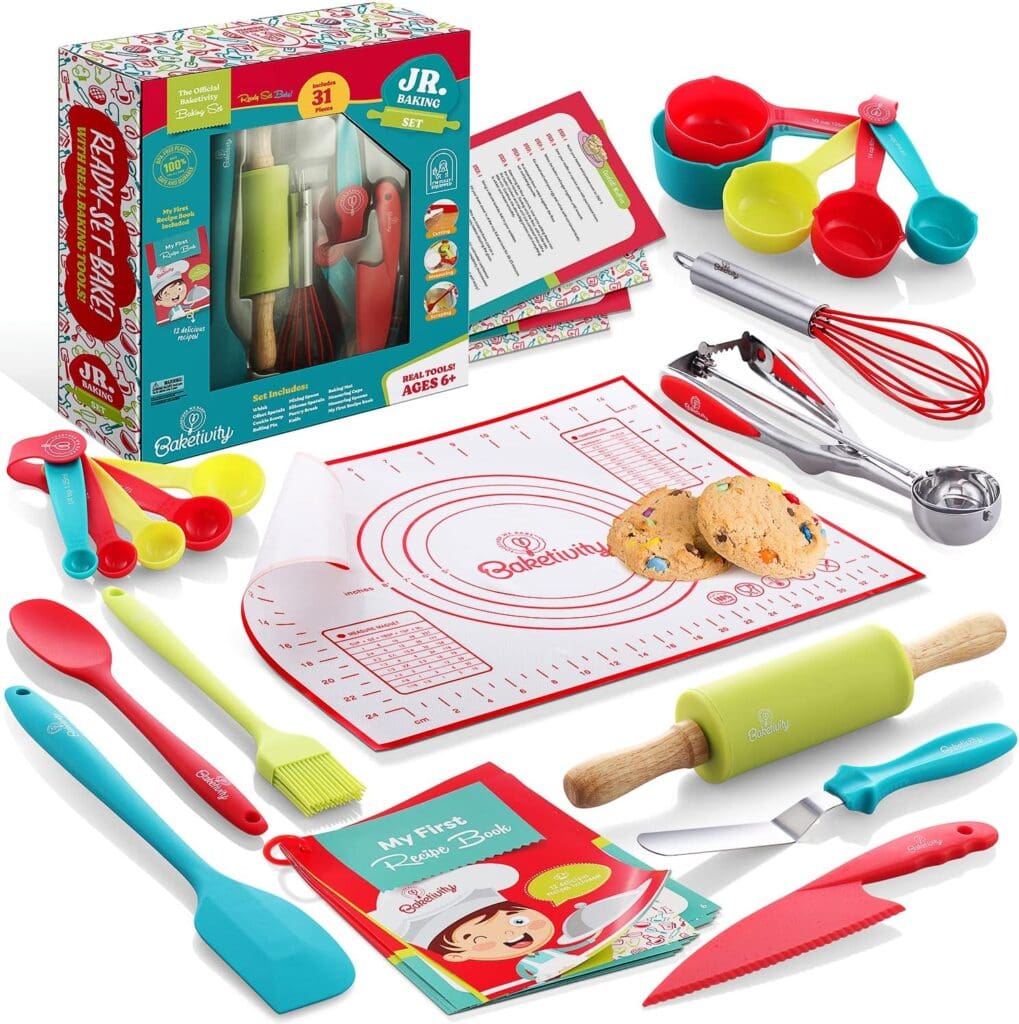
Involve your kids in baking cookies or cupcakes and have them take turns adding ingredients or stirring the mix. Not only is it a fun way to share tasks, but they also get to enjoy the results of their teamwork. Use a child-friendly baking set to make it easier.
4. Sharing Storytime
Choose a few favorite books and have a storytime where your kids take turns reading or choosing the books. This activity encourages them to share their favorite stories and listen to each other. A book selection box can help organize the books for easy access.
5. Play-Dough Creations
Provide your kids with play-dough and have them create something together. They’ll need to share the colors and tools to make their imaginative creations. A play-dough activity set with various colors and tools can make this more engaging.
6. Puzzle Party
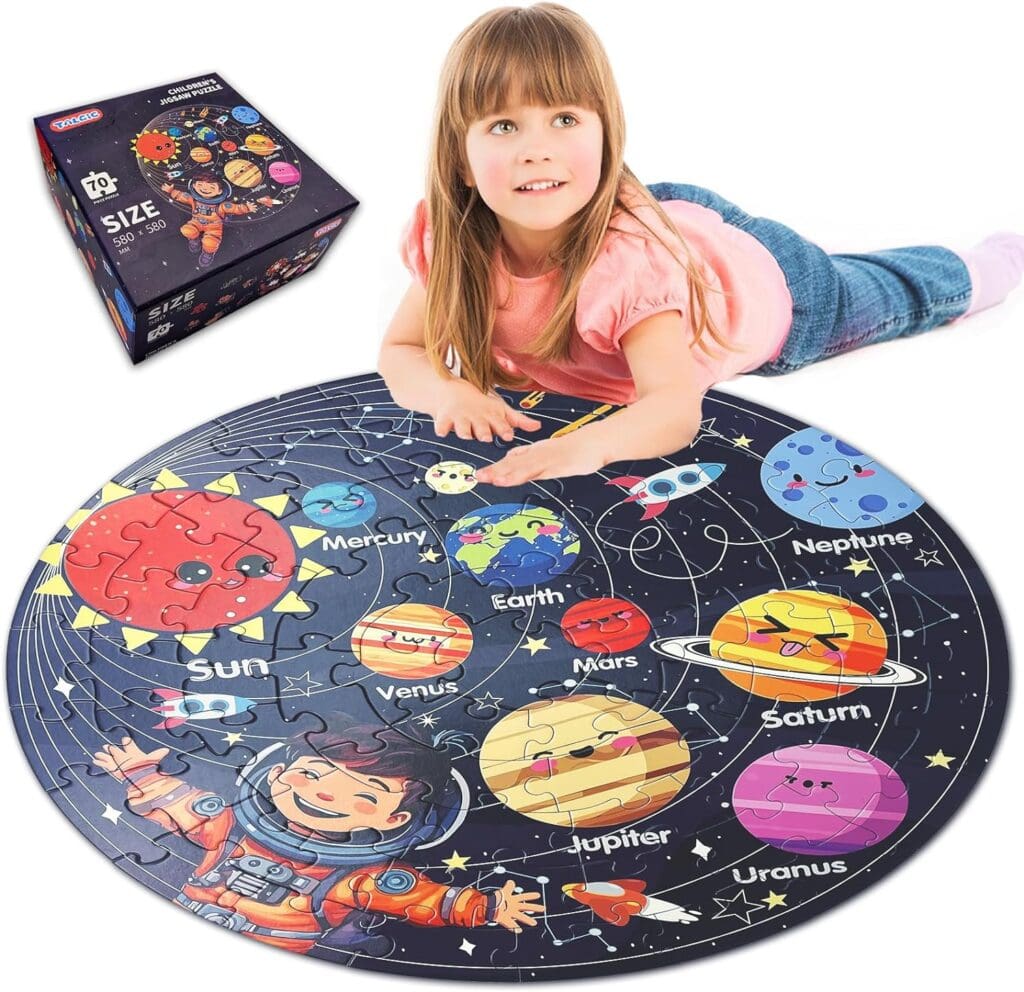
Work on a large puzzle together. It’s a great way for kids to practice sharing pieces and working as a team to complete the puzzle. A floor puzzle can be perfect for this collaborative activity.
7. Sharing Game Night
Host a game night with board games or card games that require turn-taking and teamwork. Games like Jenga or Memory can be great for teaching sharing and patience. A family game collection is a good investment for these fun nights.
8. Garden Together
Start a small garden where your kids can plant, water, and tend to the plants together. They’ll learn about sharing responsibilities and the joy of growing something as a team. A children’s gardening set can make this activity easier and more enjoyable.
9. Craft Supply Swap
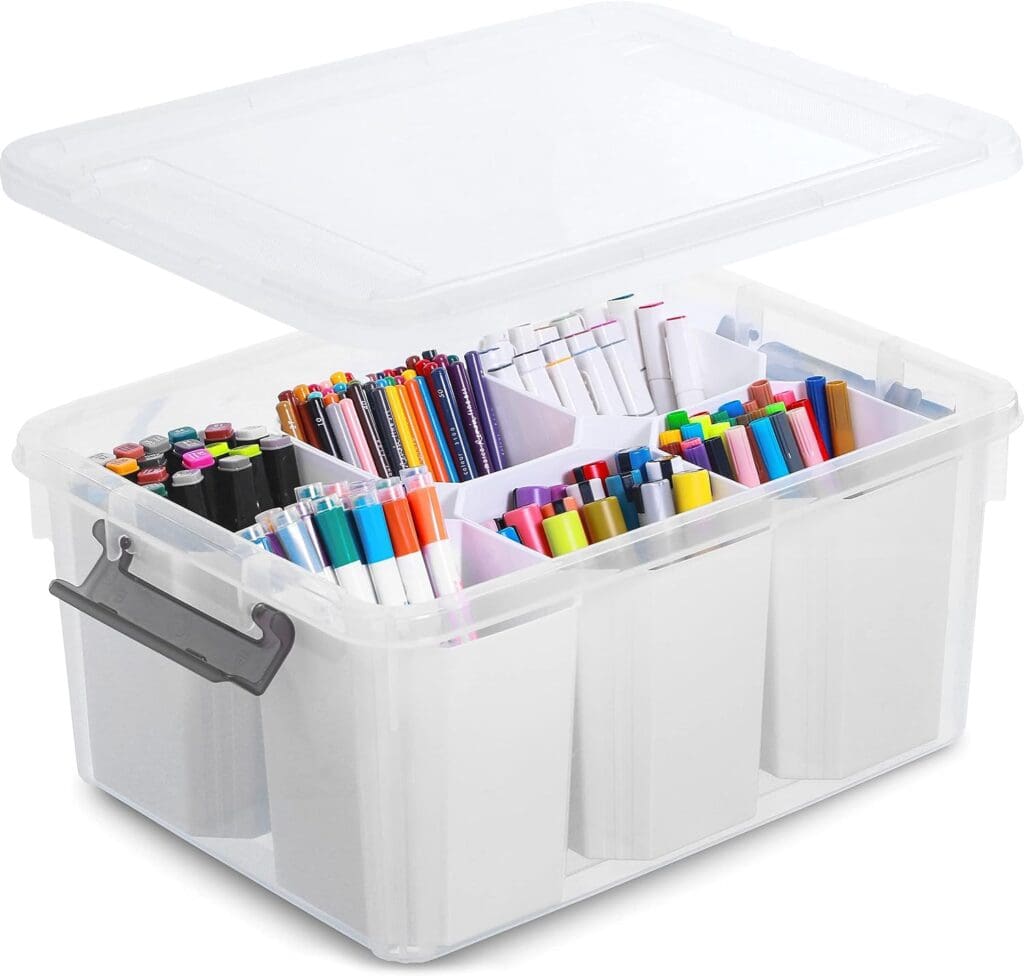
Have a craft session where your kids need to share craft supplies like beads, stickers, and glue. This will encourage them to think about how to use the materials cooperatively. A craft supply organizer can help keep everything tidy and accessible.
10. Dance Party
Host a dance party where your kids have to share the space and take turns choosing the music. This is a fun way for them to learn about sharing and enjoying each other’s choices. A children’s music playlist or portable speaker can make the dance party even more exciting.
11. Build a Fort
Gather blankets, pillows, and chairs to build a fort together. Your kids will need to share the materials and work together to create their cozy hideaway. A fort-building kit can add more fun to this activity.
12. Outdoor Picnic
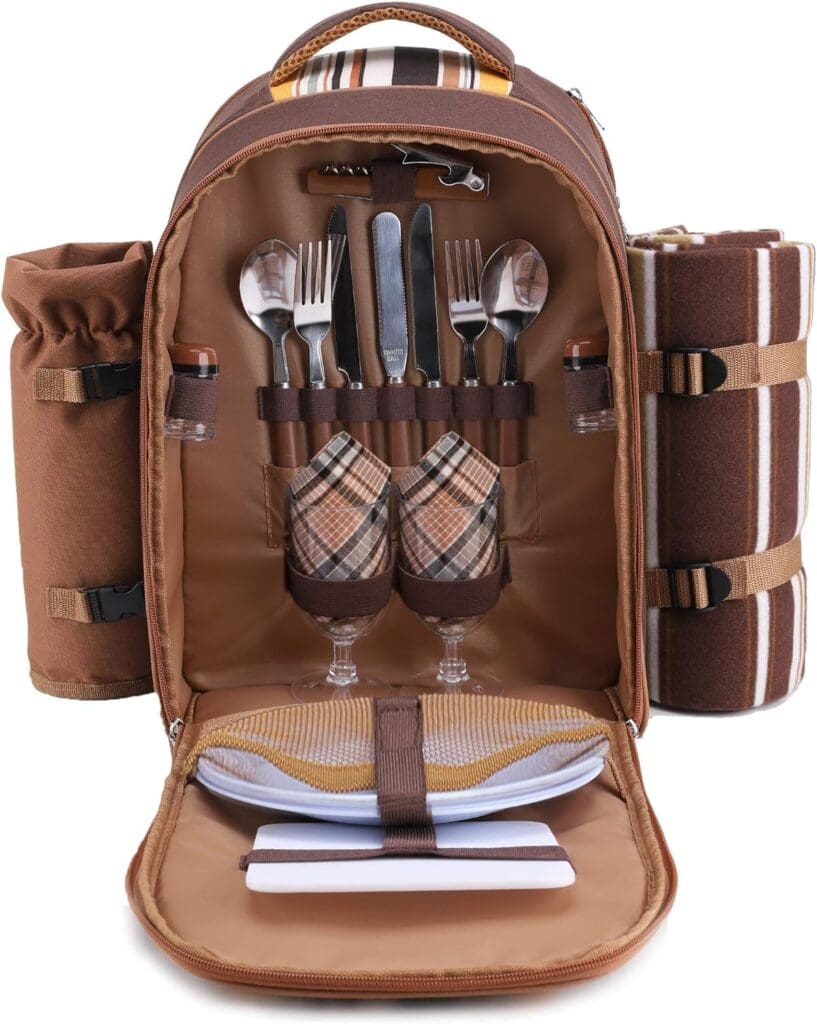
Plan a picnic in the backyard or a nearby park where your kids can share snacks and picnic items. This activity provides a relaxed setting for them to practice sharing and enjoy each other’s company. A picnic blanket and child-friendly utensils will make the picnic more enjoyable.
13. Cooking Playdate
Invite a friend over for a cooking playdate where the kids can prepare simple recipes together. They’ll need to share tasks like stirring, mixing, and decorating. A kids’ cooking set can make this activity both fun and educational.
14. Music Time
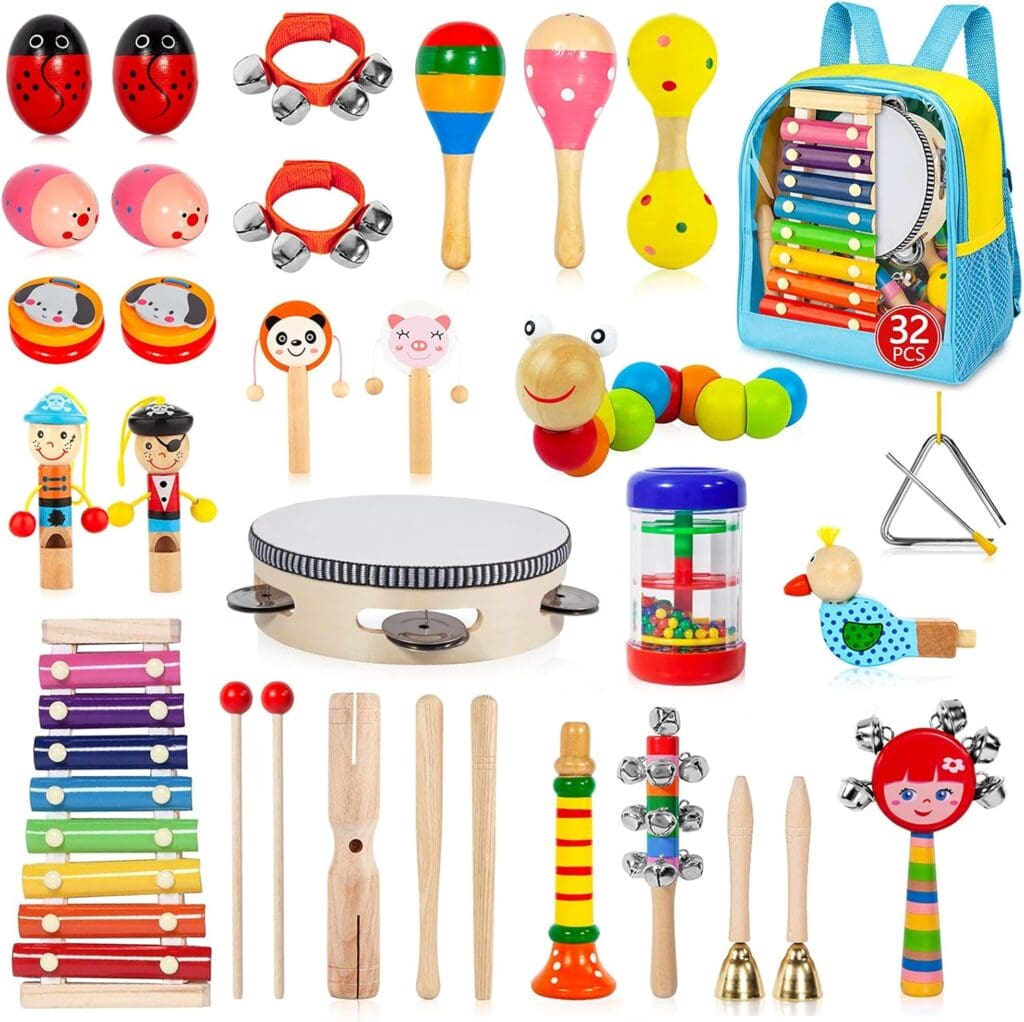
Introduce your kids to musical instruments and have a jam session where they take turns playing different instruments. Sharing the instruments will help them learn about taking turns and enjoying music together. A beginner’s instrument set can be perfect for this activity.
15. Sharing a Book
Create a book exchange where your kids swap their favorite books with each other. This encourages them to share their interests and discover new stories. A book exchange box can help keep the books organized.
16. Shared Story Creation
Sit down with your kids and create a story together, taking turns adding sentences or ideas. This activity promotes creativity and collaboration. A storytelling kit can help guide the creative process.
17. Memory Matching Game
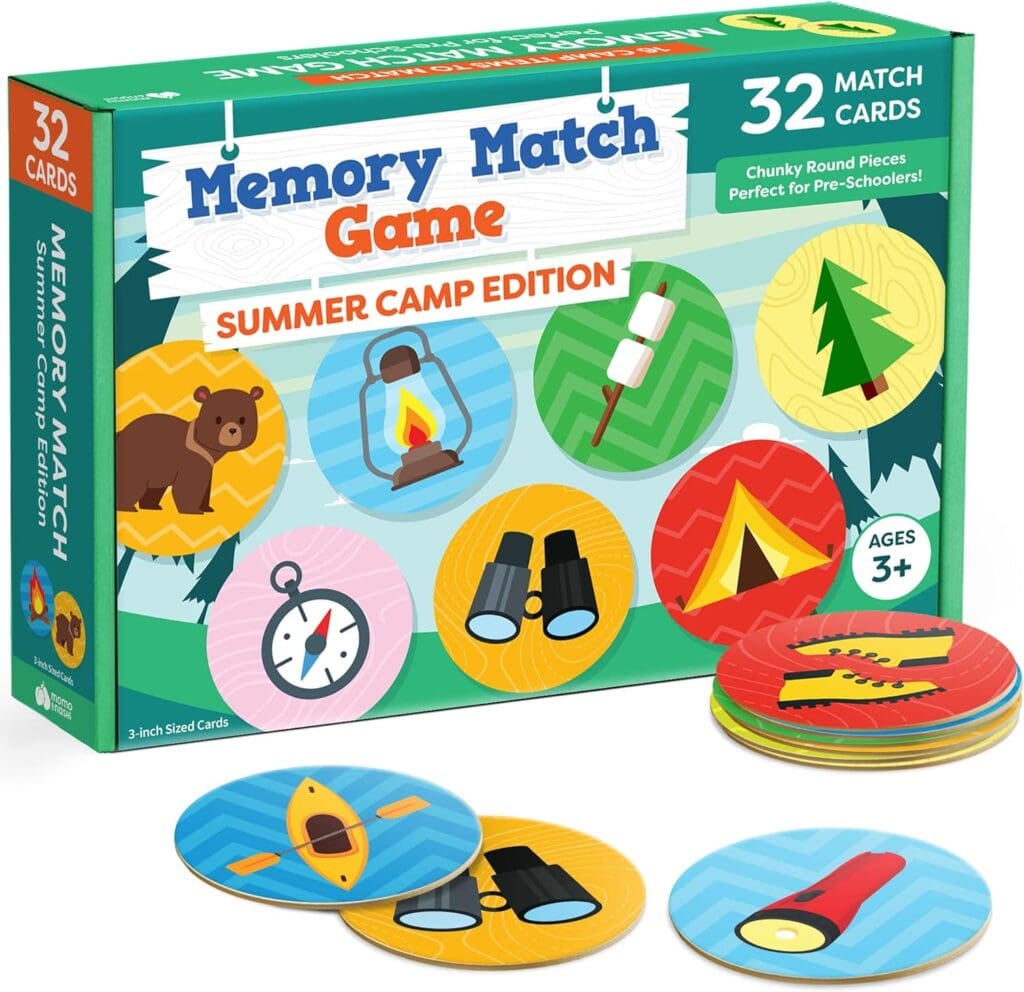
Play a memory matching game where your kids have to share the cards and work together to find matching pairs. This game is great for improving memory and teamwork skills. A memory matching game set is perfect for this activity.
18. Ball Games
Engage in ball games like passing a beach ball or playing catch where the kids need to share the ball and work together. A colorful beach ball or soft ball set can make this activity even more enjoyable.
19. Group Drawing
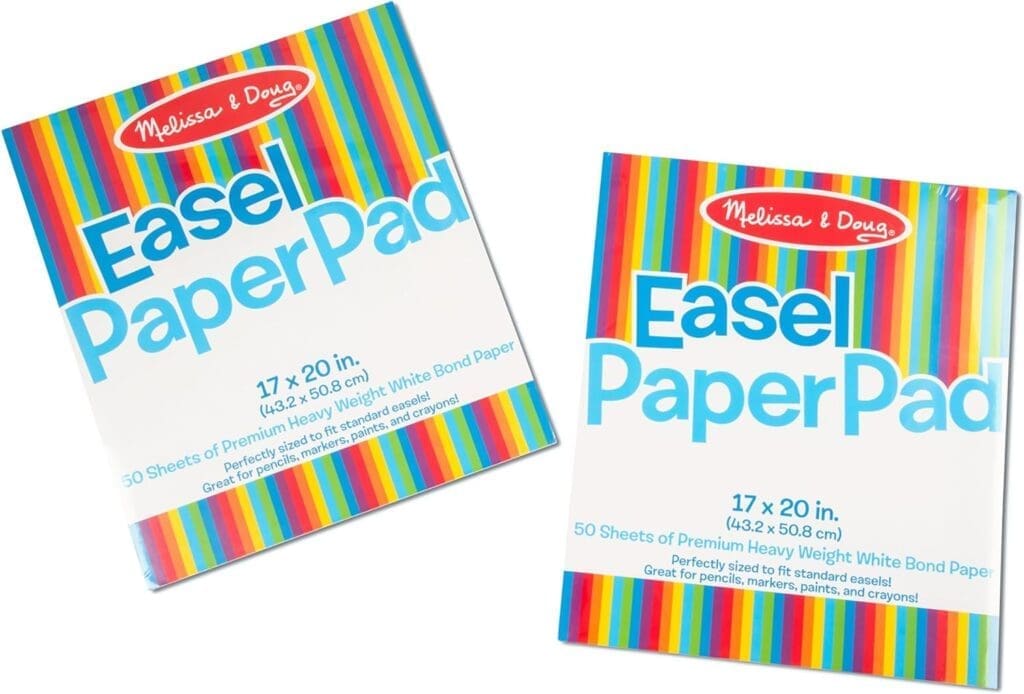
Use a large sheet of paper and markers for a group drawing session where everyone contributes to a single artwork. This encourages cooperation and sharing of art supplies. A large drawing pad can be ideal for this activity.
20. Animal Puzzles
Work on animal-themed puzzles that require teamwork to complete. This can be a fun and educational way for kids to practice sharing and problem-solving. A fun animal puzzle set is perfect for this activity.
21. Play Kitchen
Set up a play kitchen where your kids can cook and serve pretend food to each other. Sharing the utensils and ingredients will teach them about cooperation. A play kitchen set with accessories can make this experience even more realistic.
22. Crafting Together
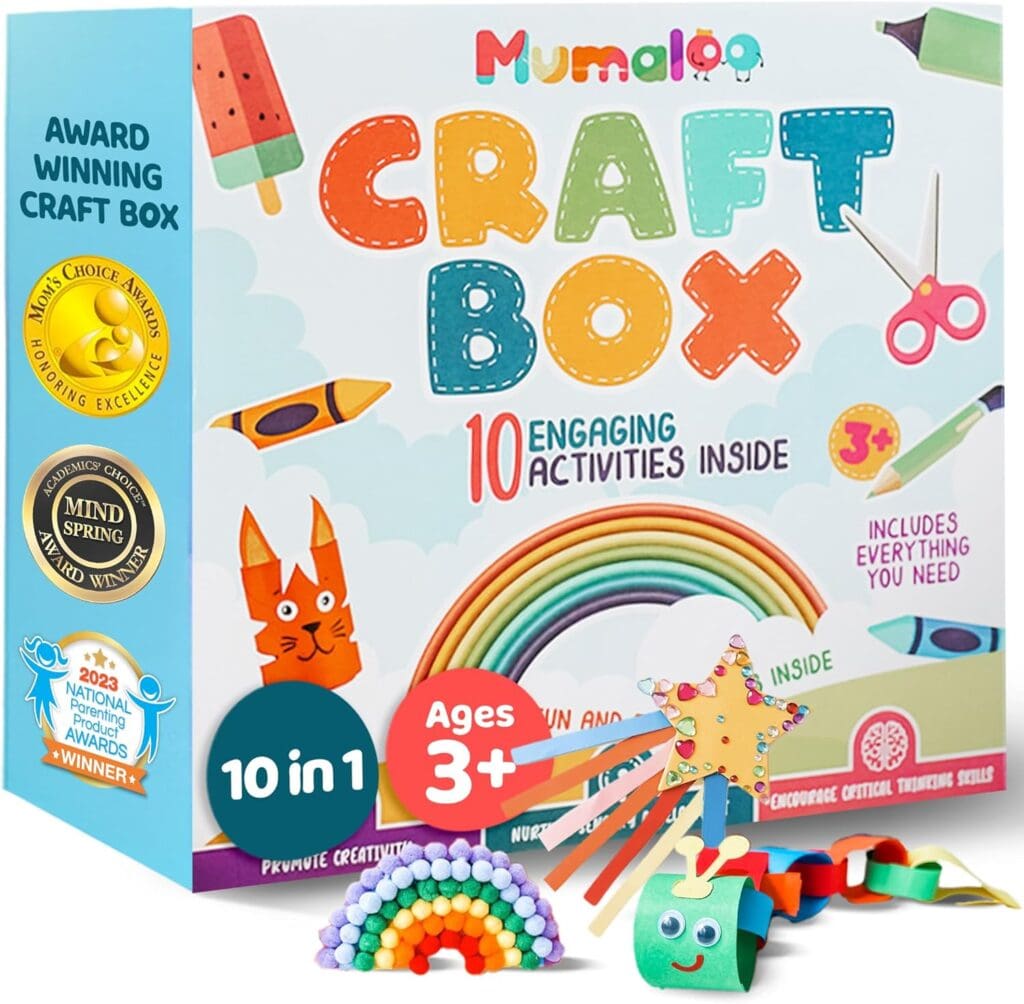
Choose a craft project that requires multiple steps and have your kids work together to complete it. Sharing craft materials and ideas will foster teamwork. A crafting kit for kids can be a great starting point.
23. Obstacle Course
Create a backyard obstacle course where your kids need to help each other through the challenges. This activity promotes physical coordination and sharing of the course equipment. A backyard obstacle course set can make this activity more exciting.
24. Build with Blocks
Use building blocks to create structures together. Your kids will need to share the blocks and work as a team to build something impressive. A set of colorful building blocks is ideal for this activity.
25. Nature Walk
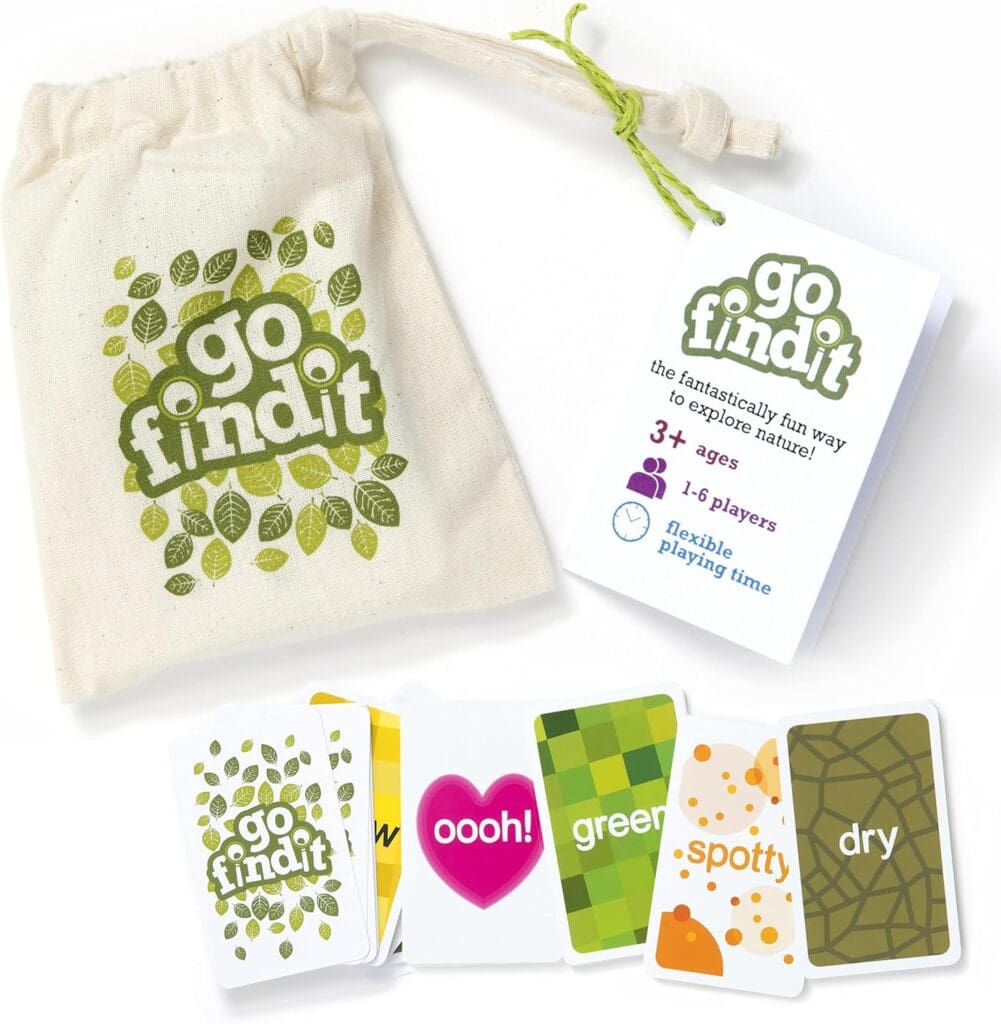
Go on a nature walk where your kids collect leaves, rocks, or flowers to share with each other. This encourages them to appreciate and share natural treasures. A nature scavenger hunt kit can enhance the experience.
26. Family Board Games
Play family board games that involve teamwork and sharing, such as cooperative games where everyone works together to achieve a common goal. A selection of family board games can provide hours of entertainment.
27. Sharing Toys
Rotate toys between your kids to encourage them to share and play with different items. This can be a fun way to introduce them to new toys and teach sharing. A toy rotation organizer can help manage this process.
28. Gardening Together
Get a small garden patch or pots where your kids can plant and tend to flowers or vegetables together. Sharing the gardening tasks and watching the plants grow can be a rewarding experience. A kids’ gardening tool set is perfect for this activity.
29. Sharing in the Sandbox
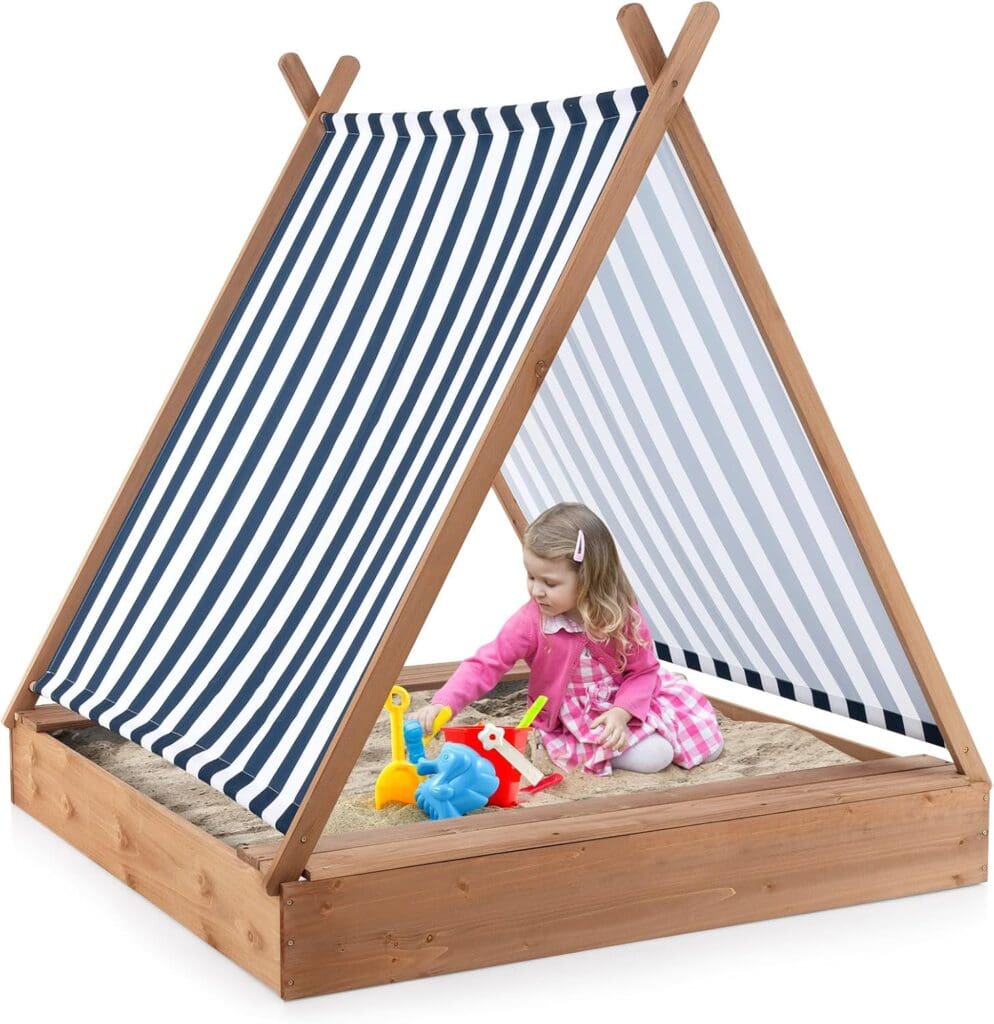
If you have a sandbox, encourage your kids to build sandcastles and share the sand toys. This promotes cooperative play and sharing of resources. A sandbox playset with various tools can enhance their experience.
30. Cookbook Reading
Read a children’s cookbook together and choose a recipe to make. Sharing the tasks of cooking and enjoying the results can be a fun bonding experience. A children’s cookbook with easy recipes can be a great addition to your kitchen.
31. Drawing Together
Give your kids a large sheet of paper and some crayons to draw on together. They can collaborate on a single piece of art, learning to share space and materials. A set of large crayons or colored pencils can make this activity more enjoyable.
32. Sharing Music
Play musical chairs with your kids, encouraging them to share the chairs and take turns when the music stops. This activity is a fun way to practice sharing and enjoy some active play. A music playlist with energetic songs can make this game more engaging.
33. Building with Lego
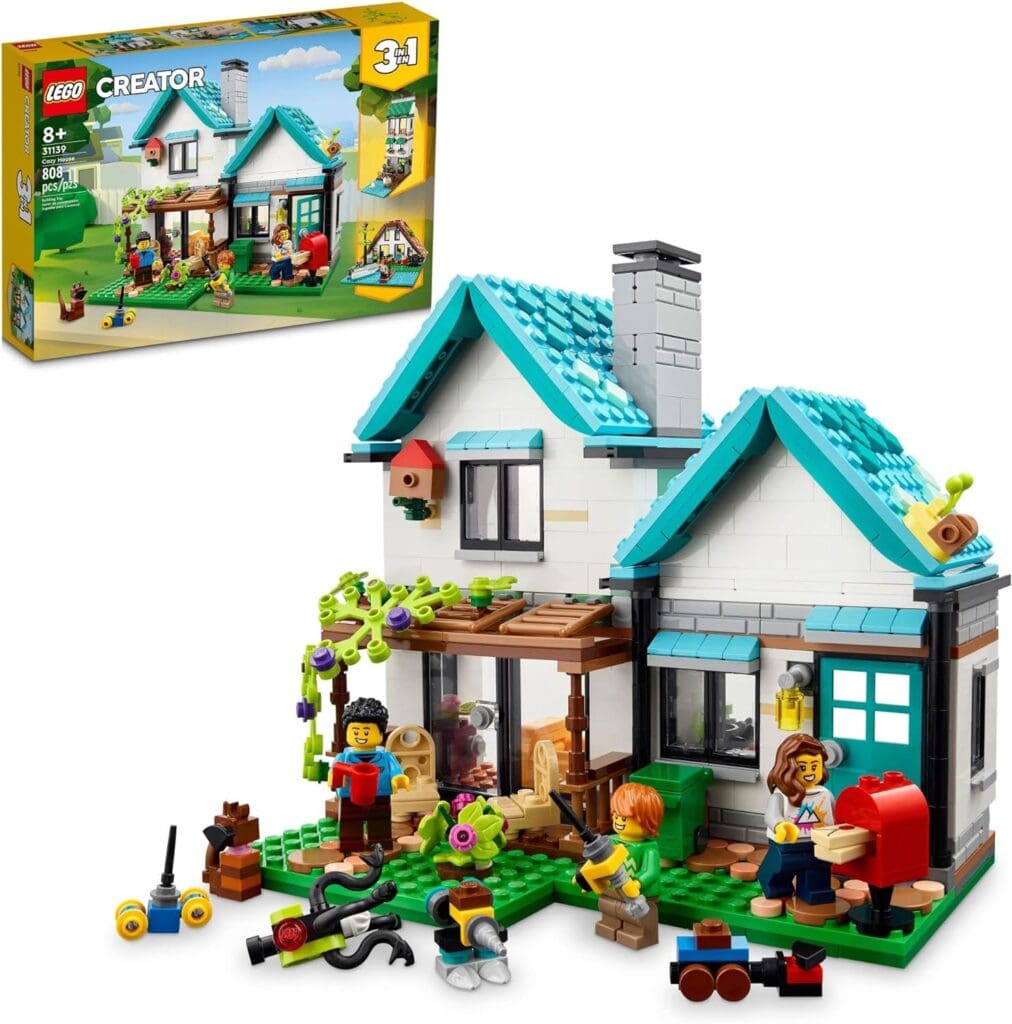
Use Lego bricks to build structures together. Sharing the bricks and working as a team to create something unique will help your kids learn about cooperation. A Lego building set with a variety of pieces can inspire creativity.
34. Puppet Show
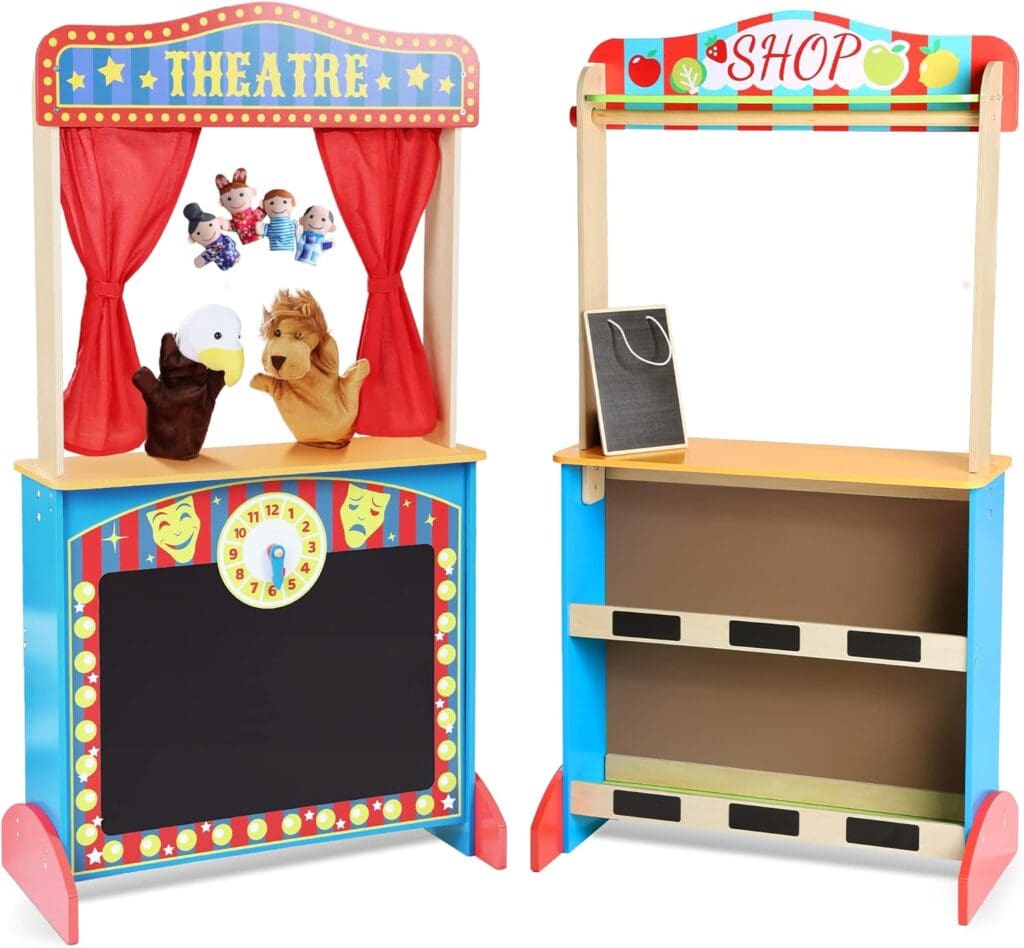
Create a puppet show where your kids take turns using the puppets and sharing the stage. This encourages them to share the spotlight and work together to entertain. A puppet theater kit can add an extra layer of fun.
35. Shared Reading Time
Choose a few books and have your kids read to each other or take turns reading. This fosters a love of reading and helps them practice sharing their favorite stories. A book stand or reading nook can make the reading time more comfortable.
FAQ
What are some fun sharing activities for kids at home?
Try board games, pretend restaurant play, or crafting together and swapping materials.
How do you teach kids about sharing?
Use structured sharing activities for kids that involve turn-taking and cooperative tasks.
Why is sharing important for children?
Sharing activities help kids build empathy, social skills, and emotional intelligence.
What age should you start teaching sharing?
You can introduce simple sharing activities for toddlers as early as 2 years old.
What if my child refuses to share?
Stay patient. Use gentle modeling and repeat fun sharing activities to reinforce the value.
Bottom Line
Introducing these sharing activities into your family routine can make a big difference in how your kids perceive and practice sharing.
It’s amazing to see how something as simple as playing together or working on a project can teach valuable lessons about cooperation and empathy.
As you explore these activities, you’ll likely find that not only do your kids learn to share more effectively, but they also build stronger bonds with each other.
So, gather your materials, get creative, and watch as your kids discover the joys of sharing through these fun and simple activities.
Her eis another great resource to check out: How to Teach Kids to Share – The Science of Parenting.
